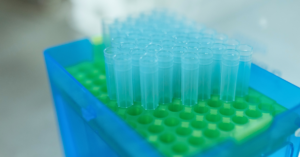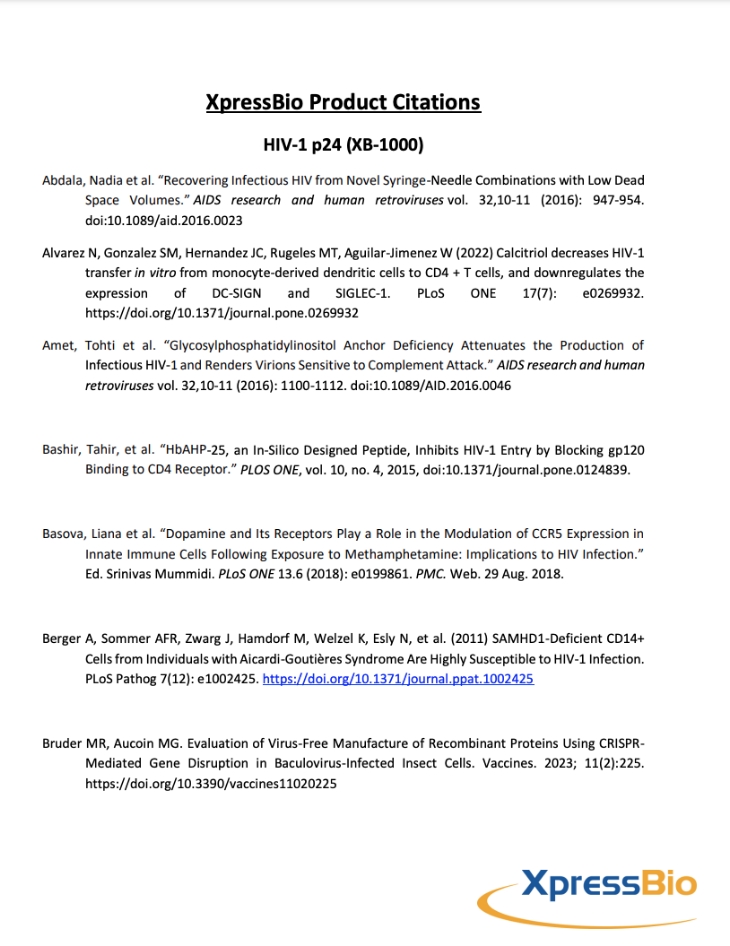
When it comes to drug development, it’s crucial to understand how a compound is absorbed, distributed, metabolized, and excreted—all of the ADME properties—by the human body. This understanding better allows us to assess the efficacy and safety of drugs under development. This is where ADME assays come in. They play a big role in predicting the behavior of a drug, but the benefits extend beyond that. These assays help us optimize formulations and minimize the risk of late-stage failures.
The pharmaceutical industry is always making advancements. As such, more accurate ADME testing methods are being introduced to the field of science. This is constantly revolutionizing the drug-discovery process. Let’s take a look at the “how” behind it all.
Latest Developments in ADME Assays
High-Throughput Screening Methods
High-Throughput Screening—or HTS—has seen recent advancements that have allowed for accelerated ADME testing. The advent of automated systems allows for processing of vast compound libraries in a short amount of time. This translates to shorter time requirements for preliminary assessments. In addition, these methods allow researchers to identify promising drug candidates early in the process and filter out candidates with poor pharmacokinetic profiles.
Integration of AI and Machine Learning
Artificial Intelligence (AI) has taken the world by storm in recent years, and the pharmaceutical industry is no exception. Paired with machine learning, these models are able to provide predictive insights that are based on large sets of data. As a result, researchers are able to refine molecular designs, predict metabolic pathways, and optimize their dosing regimens with precision. AI and machine learning models can also simulate the interactions between different drugs, reducing time—and cost—on experimental trials.
Advances in In Vitro and In Silico Approaches
In vitro and in silico processes now offer more reliable alternatives to more traditional in vivo studies. Advanced cell-based assays, as well as organ-on-a-chip technology provide accurate, relevant data. At the same time, computational modeling allows for virtual screening, which streamlines the drug-development process. The result is better efficiency in early-stage testing as well as a reduction in ethical concerns related to the research.
The Role of Sovicell TRANSIL Assay Kits
Overview of Sovicell Technology
The TRANSIL Assay Kit from Sovicell has proven to be a game-changer in ADME testing. It uses artificial membranes to determine a drug’s permeability and binding properties. It mimics physiological conditions, which helps it provide data that is vital to early drug-development processes.
Improving Efficiency in Drug-Permeability and Protein-Binding Studies
TRANSIL assays can help streamline the process of permeability testing, as well. They offer fast, accurate measurements compared to more conventional, cell-based models. At the same time, they can give valuable insights into the dynamics of protein binding, which sheds light on a drug’s bioavailability and potential for distribution. In the end, the need for labor-intensive experiments is reduced and data reliability is kept intact.
Benefits Over Traditional ADME Testing Methods
Sovicell TRANSIL kits offer plenty of benefits over traditional methods:
- Higher Throughput: Rapid data generation with reduced sample preparation.
- Increased Accuracy: Enhanced reproducibility and consistent results.
- Cost-Effectiveness: Lower reagent and labor costs.
- Scalability: Compatibility with automation for large-scale screening.
Impact on Drug Development Efficiency
Reducing Time and Cost in Early-Stage Drug Discovery
When ADME assays are integrated into research, companies can cut down on both time and costs related to early-stage drug screening. These fast assessments translate to quicker decision-making, preventing investments in compounds that will end up nonviable.
Enhancing Accuracy and Reproducibility of Results
Accurate ADME data is instrumental in making educated, informed drug development decisions. Thanks to advanced screening methods, variability is minimized, ensuring the reproducibility of results and the ability to predict clinical outcomes. The result is an increase in success rates during late-stage trials.
Supporting Regulatory Compliance and Decision Making
The drug approval process is filled with regulations and restrictions—rightfully so, considering the nature of drugs and their implementation. Since regulatory agencies have these strict requirements in place, it is important to utilize methods and technologies that maximize precision, thus ensuring regulatory standards are met. The approval process is smoother and delays in market entry are kept to a minimum.
Conclusion
Continuous advancements in science and technology have made it possible for researchers to be increasingly precise and efficient. Ever-evolving, ADME assays have had a big hand in shaping the direction of science and research. High-throughput technology, AI-assisted modeling, and revolutionary in vitro methods are improving the identification of ADME properties, as well as the accuracy and efficiency of drug-screening processes. Sovicell TRANSIL assay kits are a perfect example of the industry’s shift towards faster, more-accurate testing. As pharmaceutical research methods continue to evolve, these advancements will push efficiency and innovation forward.
If your research requires high-precision results and streamlined processes, reach out to XpressBio. We’ll work with you to make sure you have the ADME assays and other supplies you need.






